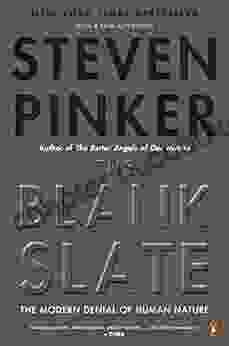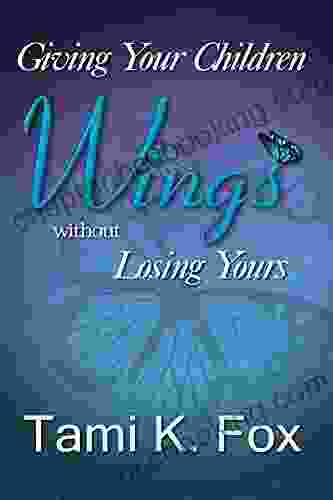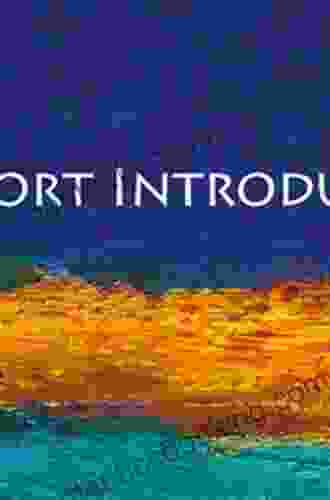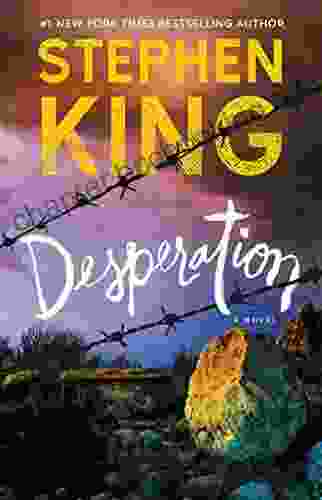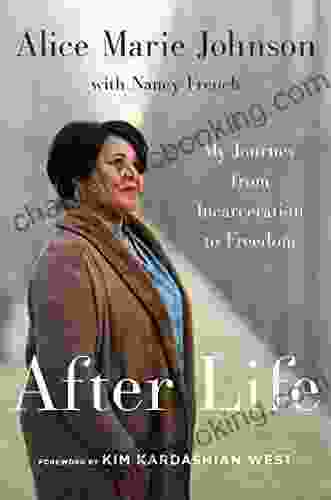Unveiling the Modern Denial of Human Nature: A Comprehensive Exploration

In the modern world, there is a pervasive denial of human nature. This denial is evident in our culture, our education system, and even in our scientific institutions. It is a denial that has profound implications for our understanding of ourselves and our place in the world.
What is Human Nature?
Human nature is the inherent characteristics and behaviors of humans that are considered universal and unchanging. It encompasses our physical, psychological, and emotional traits. Human nature is influenced by both our genetic makeup and our environment, and it shapes our thoughts, feelings, and actions.
4.5 out of 5
| Language | : | English |
| File size | : | 3482 KB |
| Text-to-Speech | : | Enabled |
| Screen Reader | : | Supported |
| Enhanced typesetting | : | Enabled |
| Word Wise | : | Enabled |
| Print length | : | 525 pages |
Historically, human nature has been defined in a variety of ways. Some philosophers have argued that humans are inherently good, while others have argued that we are inherently evil. Still others have argued that we are a complex mixture of both good and evil.
In recent years, there has been a growing consensus among scientists that human nature is best understood as a product of evolution. Our evolutionary history has shaped our physical and psychological traits, and it has also influenced our social and cultural behaviors.
The Modern Denial of Human Nature
Despite the scientific evidence for the existence of human nature, there is a growing trend in modern society to deny it. This denial is driven by a number of factors, including:
- Cultural conditioning: Our culture tells us that we are all unique and special, and that we can achieve anything we set our minds to. This message is reinforced by our parents, our teachers, and the media.
- Political ideology: Some political ideologies, such as socialism and communism, deny the existence of human nature. These ideologies argue that all humans are equal and that our differences are due to social and economic factors.
- Scientific materialism: Some scientists argue that human nature is an illusion. They believe that our brains are simply machines that are programmed by our environment.
The denial of human nature has a number of negative consequences. It leads to a misunderstanding of ourselves and our place in the world. It also makes it difficult to address social problems, such as crime and violence.
The Importance of Human Nature
Human nature is an important part of understanding ourselves and our world. It helps us to explain why we are the way we are, and why we behave the way we do. Human nature also provides us with a moral compass, and it helps us to make decisions about what is right and wrong.
The denial of human nature is a dangerous trend. It leads to a misunderstanding of ourselves and our world, and it makes it difficult to address social problems. It is important to recognize the reality of human nature and to embrace its implications.
The modern denial of human nature is a serious problem. It has led to a misunderstanding of ourselves and our world, and it has made it difficult to address social problems. It is important to recognize the reality of human nature and to embrace its implications.
Only by understanding human nature can we hope to create a better world for ourselves and for our children.
References
- Buss, D. M. (2019). The evolution of human nature. Oxford University Press.
- Pinker, S. (2002). The blank slate: The modern denial of human nature. Penguin Books.
- Tooby, J., & Cosmides, L. (1992). The psychological foundations of culture. Ethology and Sociobiology, 13(1-2),19-136.
4.5 out of 5
| Language | : | English |
| File size | : | 3482 KB |
| Text-to-Speech | : | Enabled |
| Screen Reader | : | Supported |
| Enhanced typesetting | : | Enabled |
| Word Wise | : | Enabled |
| Print length | : | 525 pages |
Do you want to contribute by writing guest posts on this blog?
Please contact us and send us a resume of previous articles that you have written.
 Book
Book Novel
Novel Page
Page Chapter
Chapter Text
Text Story
Story Genre
Genre Reader
Reader Library
Library Paperback
Paperback E-book
E-book Magazine
Magazine Newspaper
Newspaper Paragraph
Paragraph Sentence
Sentence Bookmark
Bookmark Shelf
Shelf Glossary
Glossary Bibliography
Bibliography Foreword
Foreword Preface
Preface Synopsis
Synopsis Annotation
Annotation Footnote
Footnote Manuscript
Manuscript Scroll
Scroll Codex
Codex Tome
Tome Bestseller
Bestseller Classics
Classics Library card
Library card Narrative
Narrative Biography
Biography Autobiography
Autobiography Memoir
Memoir Reference
Reference Encyclopedia
Encyclopedia Stephen Guth
Stephen Guth Troy Andrews
Troy Andrews Zhena Muzyka
Zhena Muzyka Michael Curtis
Michael Curtis Michele G Kunz
Michele G Kunz Richard Killeen
Richard Killeen Paul Sillers
Paul Sillers Yair Zakovitch
Yair Zakovitch Mike Baron
Mike Baron Nathaniel Hawthorne
Nathaniel Hawthorne Miriam Manela
Miriam Manela Rafe Bartholomew
Rafe Bartholomew Meritxell Castells
Meritxell Castells Michael Chorost
Michael Chorost Rizzo Rocks
Rizzo Rocks Suzanne Bell
Suzanne Bell Tiki Barber
Tiki Barber Randy Lewis
Randy Lewis Ted Riese
Ted Riese Margaret C Collier
Margaret C Collier
Light bulbAdvertise smarter! Our strategic ad space ensures maximum exposure. Reserve your spot today!
 J.R.R. TolkienFollow ·3.4k
J.R.R. TolkienFollow ·3.4k Gerald ParkerFollow ·9.7k
Gerald ParkerFollow ·9.7k Yukio MishimaFollow ·14.3k
Yukio MishimaFollow ·14.3k Colin FosterFollow ·3k
Colin FosterFollow ·3k Jared PowellFollow ·18.2k
Jared PowellFollow ·18.2k Brayden ReedFollow ·3.6k
Brayden ReedFollow ·3.6k Frank ButlerFollow ·19.7k
Frank ButlerFollow ·19.7k Jorge AmadoFollow ·9.1k
Jorge AmadoFollow ·9.1k
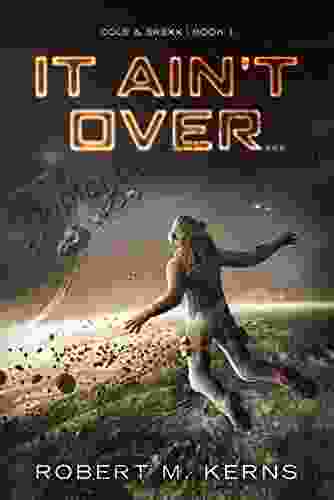
 Trevor Bell
Trevor BellUncover the Thrilling Mystery in "It Ain't Over, Cole...
Prepare yourself...

 Garrett Bell
Garrett BellHow to Stay True to Yourself and Stand Out From the Crowd
In a world that...

 Dennis Hayes
Dennis HayesDrill Instructor Strategies And Tactics For Success
Unleash Your Inner Warrior and Conquer...

 Guy Powell
Guy Powell101 Awesome Women Who Changed Our World: A Celebration of...
Throughout history,...

 Ashton Reed
Ashton ReedAn Iraq War Tank Commander's Inspirational Memoir of...
When he was just 19 years old, John Q....

 Dean Cox
Dean CoxLady Trader in the Transvaal: A Literary Safari through a...
Prologue: A Journey into the...
4.5 out of 5
| Language | : | English |
| File size | : | 3482 KB |
| Text-to-Speech | : | Enabled |
| Screen Reader | : | Supported |
| Enhanced typesetting | : | Enabled |
| Word Wise | : | Enabled |
| Print length | : | 525 pages |


